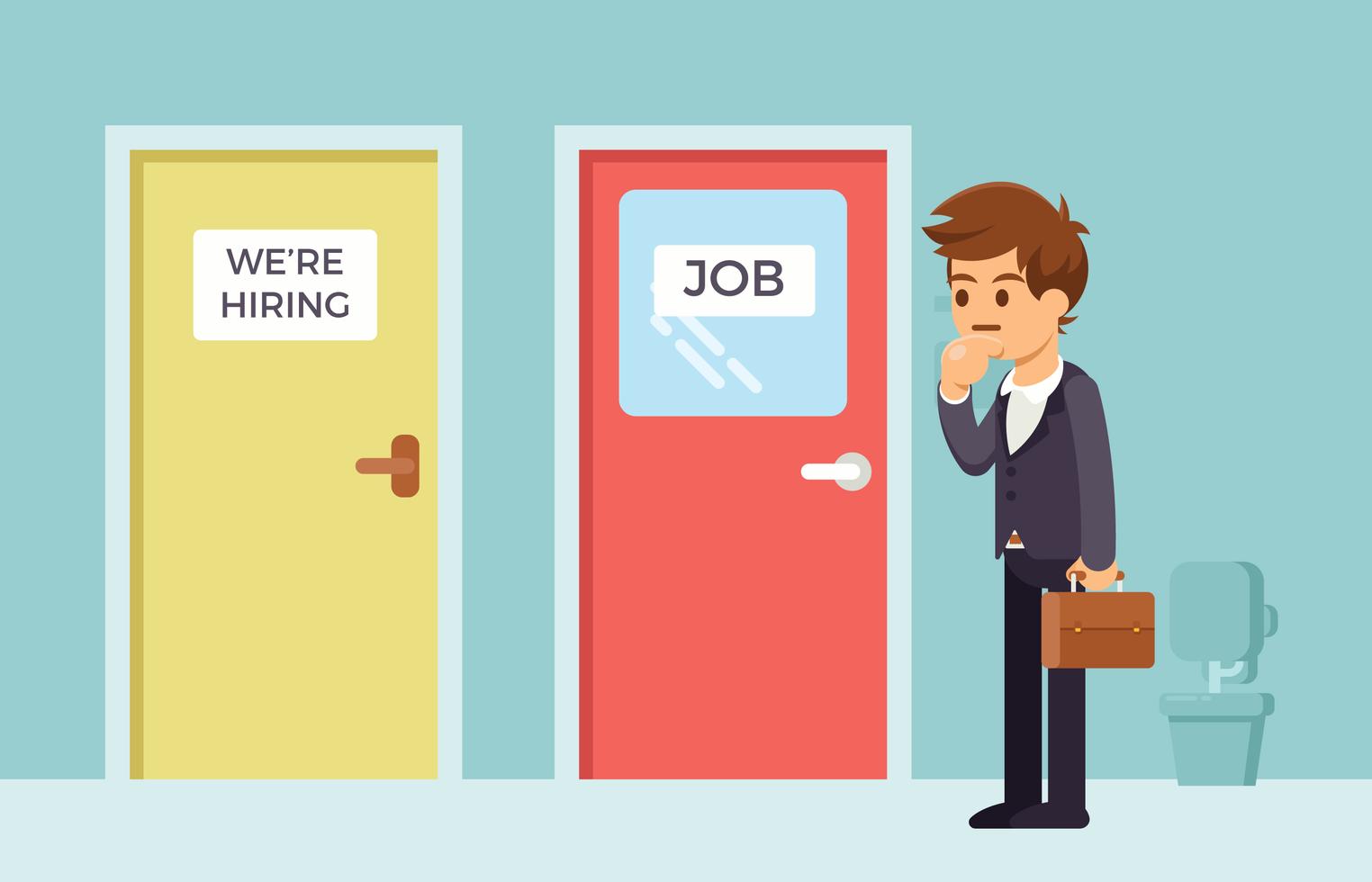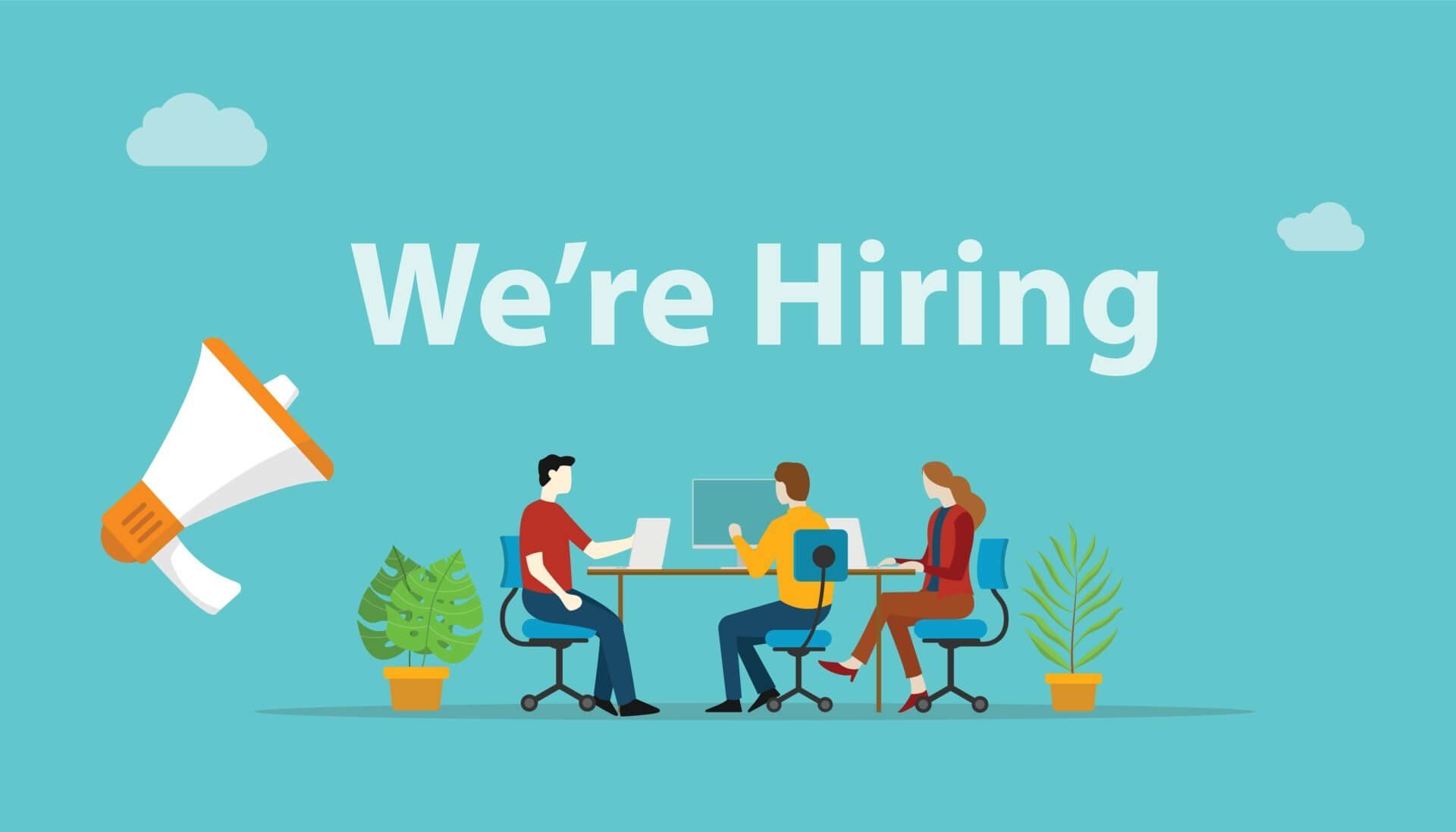The Simple Sasquatch Way to ACE a Job Interview
Bonus:Bonus the top 10 interview questions and answers
When preparing for a job interview, it is important to know what the interviewer will be asking you. You should also be familiar with the job description and what hiring managers are looking for in a candidate. This will help you to better answer questions and showcase your skills and qualifications.
How to read the Job description
Reading job descriptions is the key to knowing if you are right for the job and getting a job interview. By reading the job description, you can learn about the company’s needs and what they are looking for in a candidate. You can also get an idea of the skills and experience that the company values. If your skills and experience match what the company is looking for, then you have a better chance of getting hired for the new position.
In order to read job descriptions effectively, you need to understand what each section means. The introduction will usually describe the company and the position. The body of the job description will list the duties and responsibilities of the position, as well as the required skills and experience. The closing will list how to apply for the position and may include additional information about the company.
Once you have read the job description, ask yourself if you have the skills and experience that the company is looking for. If you do, make sure to highlight these qualities in your resume and cover letter. If you don’t have all of the required skills and experience, don’t worry – you can still apply for the position. Just be sure to explain why you are a good fit for the job despite not having all of the required skills.
By reading job descriptions carefully, you can increase your chances of getting hired this year. Good luck!
How to prepare for the job interview
When it comes time for a job interview, preparation is key. You want to make sure that you are dressed appropriately and know what to expect. You should also research the company and the hiring manager. In order to do this, you can look at the company's website or LinkedIn page. You can also ask your friends or family if they know anyone who works at the company.
In addition to preparing for the job interview, you should also review your resume. Make sure that it is up-to-date and that you can talk about your experiences in a positive light. It is also important to have questions prepared for the interviewer. This will show them that you are interested in the position and that you have done your research.
Finally, be yourself during the job interview. The hiring manager wants to see if you would be a good fit for the company, so be honest and let your personality shine through.
How to impress the hiring managers
It can be tough to impress hiring managers. They see a lot of resumes and interviewing candidates, so you'll need to do something special to stand out from the crowd. Here are a few tips on how to do just that:
1. Research the company and the position.
Before you even go in for an job interview, make sure you know as much as you can about the company and the position you're applying for. This means reading up on the company's website, blog, and social media pages, as well as studying the job description carefully. Knowing the answers to common interview questions is also a must.
2. Dress professionally and appropriately.
You want to make a good first impression, and dressing inappropriately will only work against you. Even if the company has a casual dress code, it's always best to err on the side of caution and dress professionally.
3. Arrive on time - or early.
Hiring managers appreciate punctuality, so make sure to arrive on time for your job interview - or even a few minutes early. This shows that you're organized and serious about the opportunity.
4. Be prepared to sell yourself.
In any job interview, you'll need to sell yourself and your skills. Make sure you have a strong resume and plenty of examples of your work to back up your claims. Be ready to answer questions about why you're interested in the position and what makes you a good fit for it.
5. Stay positive and upbeat.
No one wants to hire someone who's negative or constantly complaining. Stay positive and upbeat throughout the interview, even if you're feeling nervous. This will show that you're confident in your abilities and excited about the opportunity at hand.

Here are the Most common interview questions and answers
1. What are your strengths?
There's no need to be cocky when answering this question, but you should still sound confident. After all, you want the interviewer to think that you're capable of handling the challenges of the job.
Here are a few tips for answering this question:
- Be specific. Don't just say "I'm a hard worker." Instead, give an example of a time when you worked hard on a project.
- Stay positive. Don't focus on your weaknesses. Instead, talk about the strengths that would make you successful in this role.
- Be honest. Don't try to fake it if you don't have any strengths. The interviewer will see through it and it will only hurt your chances of getting the job.
2. What are your weaknesses?
When interviewers ask about your weaknesses, they are looking to see if you are self-aware and whether you will be able to identify any potential areas of weakness in advance. They may also want to know if you have taken steps to improve upon any weaknesses in the past. In order to answer this question effectively, you should discuss any weaknesses that are relevant to the position you are interviewing for. You should also mention any weaknesses that you have improved upon in previous roles. Finally, you should always stress that your weaknesses are actually strengths in disguise. For example, if you are a perfectionist, you may be overly critical of your work, but this trait can also make you a detail-oriented and highly organized individual.
3. Why do you want this job?
When answering the question, "Why do you want this job?", be sure to emphasize your enthusiasm for the position and how it matches your qualifications. Try to avoid sounding like you're just looking for any job. For example, you could say, "I'm excited about this opportunity because it matches my skills and experience perfectly. I'm confident that I have the potential to be a valuable asset to your team."
4. Where do you see yourself in five years?
It's important to have a realistic answer to this question that won't scare off your interviewer. Ideally, you want to say that you see yourself continuing to grow and develop in the company you're interviewing with. You might also mention that you see yourself taking on additional responsibilities or leading projects. Whatever you do, don't say that you plan on quitting or moving on to a new job in five years.
5. Ten years?
In order to answer the question, "Where do you see yourself in ten years?" you'll want to think about your long-term career goals and map out a plan to get there. You'll also want to make sure your answer is realistic and achievable.
Some things to consider when answering this question include:
- Your current career goals and how they align with the job you are interviewing for
- The company's long-term goals and how you can help contribute to them
- Your skills and experience and how they can be used in the future
- Your plans for continuing education or professional development
6. What experience do you have in this field?
There's no need to be coy or modest - go ahead and brag a little! When interviewers ask about your experience, they want to know what you've accomplished, not what you've merely done. So talk about the big projects you spearheaded, the impressive results you achieved, and the valuable skills you picked up along the way. If you can make your interviewer see how hiring you will benefit their business, you're well on your way to landing the job.
7. How would you describe your work style?
When interviewers ask about your work style, they want to know if you are a go-getter who is always hustling or if you like to take your time and plan everything out. You can answer this question in a few different ways.
If you are a go-getter, you can describe how you are always looking for new opportunities and challenges and never afraid to take on a new project. If you are more of a planner, you can describe how you like to take your time and plan everything out before starting a project. Either way, be sure to explain why your work style is the best fit for the job and the company.
8. Tell me about a time when you had to deal with a difficult customer or co-worker.
- Prepare for the question. Make sure you know what to expect before you go into your interview. The interviewer could ask about a difficult customer or co-worker that you have dealt with in the past.
- Be honest. If you have had to deal with a difficult customer or co-worker, be honest about it. Don't try to make yourself look better by lying.
- Stay positive. It's important to stay positive no matter what situation you are faced with. When discussing a difficult customer or co-worker, focus on the lessons you learned from the experience and how you grew as a result.
- Keep it brief. Try to keep your answer brief so the interviewer can move on to other questions. You don't need to go into too much detail about the situation.
- Be prepared to answer follow-up questions. The interviewer may ask you some follow-up questions about the difficult customer or co-worker that you dealt with. Be prepared to answer them honestly and positively.
9. Describe a time when you went above and beyond the call of duty at work.
When answering this question, it's important to remember to stay positive and focus on your accomplishments. A good way to answer this question is to describe a situation where you took on an extra responsibility or exceeded your boss's expectations. For example, you could say:
"I had to stay late at work one night to finish up a project, and I ended up staying an extra two hours. My boss was really happy with the finished product, and he told me that he appreciated my dedication."
10. Tell me about a time when you made a mistake on the job and how you handled it.
When interviewers ask about your biggest career mistake, they are looking to see how you handle difficult situations. The key to answering this question is to stay positive and focus on the lessons you learned from the experience. Here are a few tips for answering this question:
- Be honest: Don't try to hide or downplay your mistake. The interviewer wants to see how you handle difficult situations, so honesty is key.
- Focus on the lesson learned: Rather than dwelling on the mistake itself, focus on what you learned from the experience. This will show that you are able to take ownership of your mistakes and learn from them.
- Stay positive: Even though you made a mistake, don't forget to stay positive and focus on the positives of the situation. This will show that you are resilient and can handle adversity.
Other things to consider in your interview with a hiring manager
Salary expectations are important to discuss with the hiring manager. You don't want to seem like you are out of your league, but you also don't want to lowball yourself. It is important to be aware of what the company is willing to pay and what the market value is for your skills.
The hiring process can be long and drawn out. Be prepared for a lot of waiting. Make sure you keep in contact with the hiring manager and check in on the status of your application. Stay patient and don't get discouraged if you don't hear back right away.
Communication skills are key in any interview. Make sure you are articulate and can communicate your ideas effectively. Be sure to ask questions during the interview and get a feel for the company culture. Also, be aware of your body language. Don't slouch or fidget - sit up straight and maintain eye contact.
Finally, be aware of your competition. There are likely other candidates vying for the same job as you are. Make sure you stand out from the crowd and sell yourself effectively. Highlight your strengths and be prepared to answer tough questions.
Now go and find your next job
The best way to ace a job interview and get the job is to be prepared. That means knowing what questions will be asked and rehearsing your answers. It also means being honest and authentic. When interviewers ask about your last job, for example, they're not just trying to find out what you did wrong. They're also trying to gauge how you'll respond to difficult questions. If you can be open and honest about your experiences, it will show that you're capable of being truthful and candid in difficult situations. Being honest and authentic is one of the best ways to show that you're a good fit for the job.
There you have it: everything you need to know about acing a job interview and landing the job of your dreams. By following these simple tips, you can give yourself the best chance of success. Good luck!






